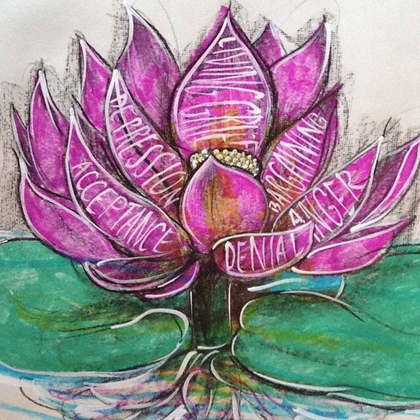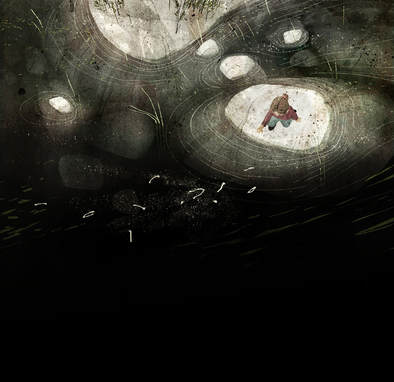|
Hello and welcome to the Living Grief Podcast. Here we will discuss live, love, loss and how best to navigate this new world of living grief. Each episode will have a discussion with expert guests on grief, bereavement, living life, loss, and love. Thank you for listening to this inaugural episode. Bev
0 Comments
No one tells you that there is a bottom to grief. But coming up to two years of losing Sophia, I feel like I’ve hit bottom…rock solid hard cold bottom. I sit here most days in tears. On the days I don’t, it’s because I AM in tears. On the rare occasion I can pull myself out of the dark it’s usually because someone else has dragged me out or I feel purpose in the work that I am doing that day. Living in the moment means living in the minute. The minutiae has become the strings that are holding me up, barely. When you research grief a lot of antiquated thoughts and theories are still touted as best practice and many professionals still follow those principles. But dig deep enough and you can find some sweet spots in the literature and profession. In my search for solace, I found an article in the American Psychological Associate, A New Approach to Complicated Grief written by Karen Kersting. Its dated, 2004, but much of it resonates as it speaks to new understanding of the biopsychological of the death of a loved one. A few things stood out for me. For one, in the past, the mental health community used to label bereft individuals like myself as having a ‘disorder’. Basically, if you didn’t grief in the ‘normal’ way you were labeled as ‘disordered’. With enlightened understanding and meaning around ‘complicated grief’ there are new recommendations in the way severe grief is diagnosed and being treated. I recently watched the Netflix series The Kominsky Method. Alan Arkin’s character loses his wife and ends up ‘seeing’ and talking to her on a regular basis as he navigates his new world. In Kersting’s article she shares Robert Neimeyer, PhD from the University of Memphis, research that the widely held assumption that grieving requires "letting go" is being questioned... Instead of gaining closure or trying to say goodbye, the goal of grief counselling should be to foster a constructive continuing bond with a deceased person, he says. This can be accomplished through remembering the good times, setting up an internal dialogue with a lost loved one, continuing to think of that person on a regular basis and imagining the person's reactions to current life events and problems, he says. Knowing that I have the factors for complicated grief, such as changed relationships with family and friends, feelings of meaninglessness and ruptured beliefs that have spurred health-threatening grief I figure I may just start talking to Sophia on a regular basis. What do you think? Grief is hard, so very very hard. I don’t have the answers and I am not sure anyone else does or will. But knowing it’s not about letting go is important. I need to talk to Sophia, to remember moments of joy and I am hoping that will help me lift up from bottom. If you want to help; I need work that gives me purpose. No, really I do! I need a job! I need to be gently coerced out of my cocoon. And I need to be supported in fostering a continuing bond with my beautiful, very much, missed daughter, Sophia. So if you run into me, just give me a hug, a purposeful job or a memory of Sophia that brings you joy. And, hopefully, I can slowly come up from the bottom... To listen to this blog as a Podcast, Click below
|
AuthorBeverley Pomeroy is an awarded and highly sought after Community Engagement Strategist, Speaker, Author of Living Grief; The Profound Journey of Ongoing Loss. Beverley’s community service began with a fifteen year career in private health care working for MDS Inc (LifeLabs). This community health care role developed her acumen not only for serving people in need, but also her strength in business management and organizational renewal. Archives
December 2021
Categories |
||||||




 RSS Feed
RSS Feed